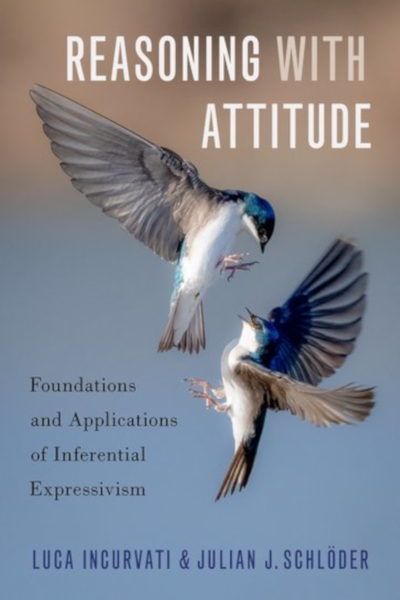Please join us in congratulating Philosophy graduate student Katie Peters on her recent publication of “How Not to Excuse Far-Right Women” on the APA Women in Philosophy Blog. The essay explores the social responsibility of far-right women, as well as the subsequent consequences. You can read an excerpt from the article below:
Why focus on far-right women at all? I think that using the example of far-right women makes it easy to understand who exactly we are exempting from responsibility with the exculpatory narratives of misogyny and infantilization. By insisting that these women, too, are answerable for their actions, we can say that any woman, regardless of whether we agree with her ideology, has the potential to be called upon to answer for her actions and beliefs that harm others.
You can read the whole post by clicking here.
Congrats, Katie!

